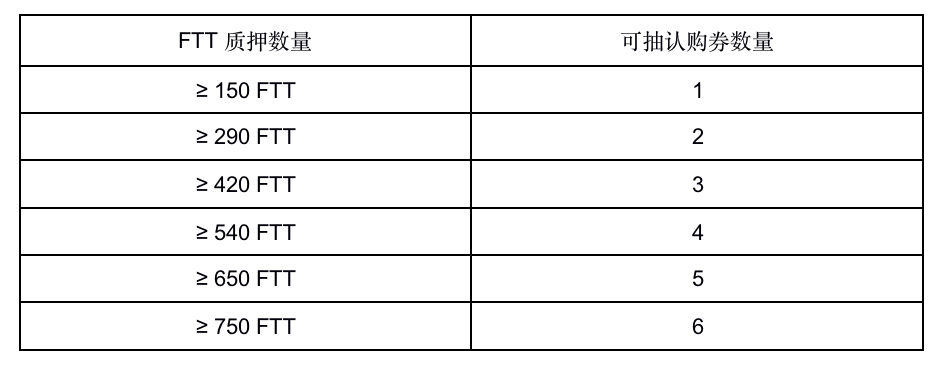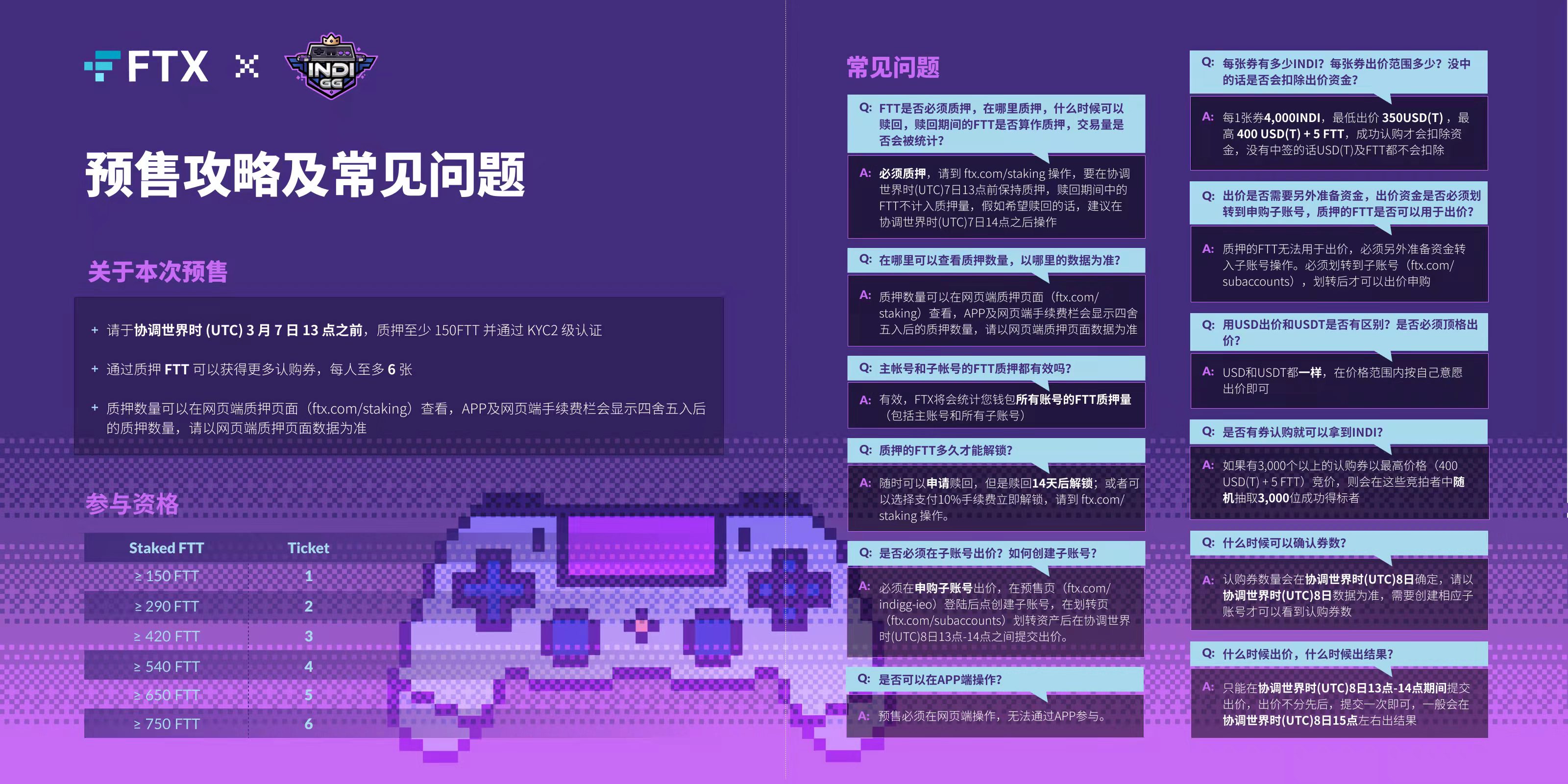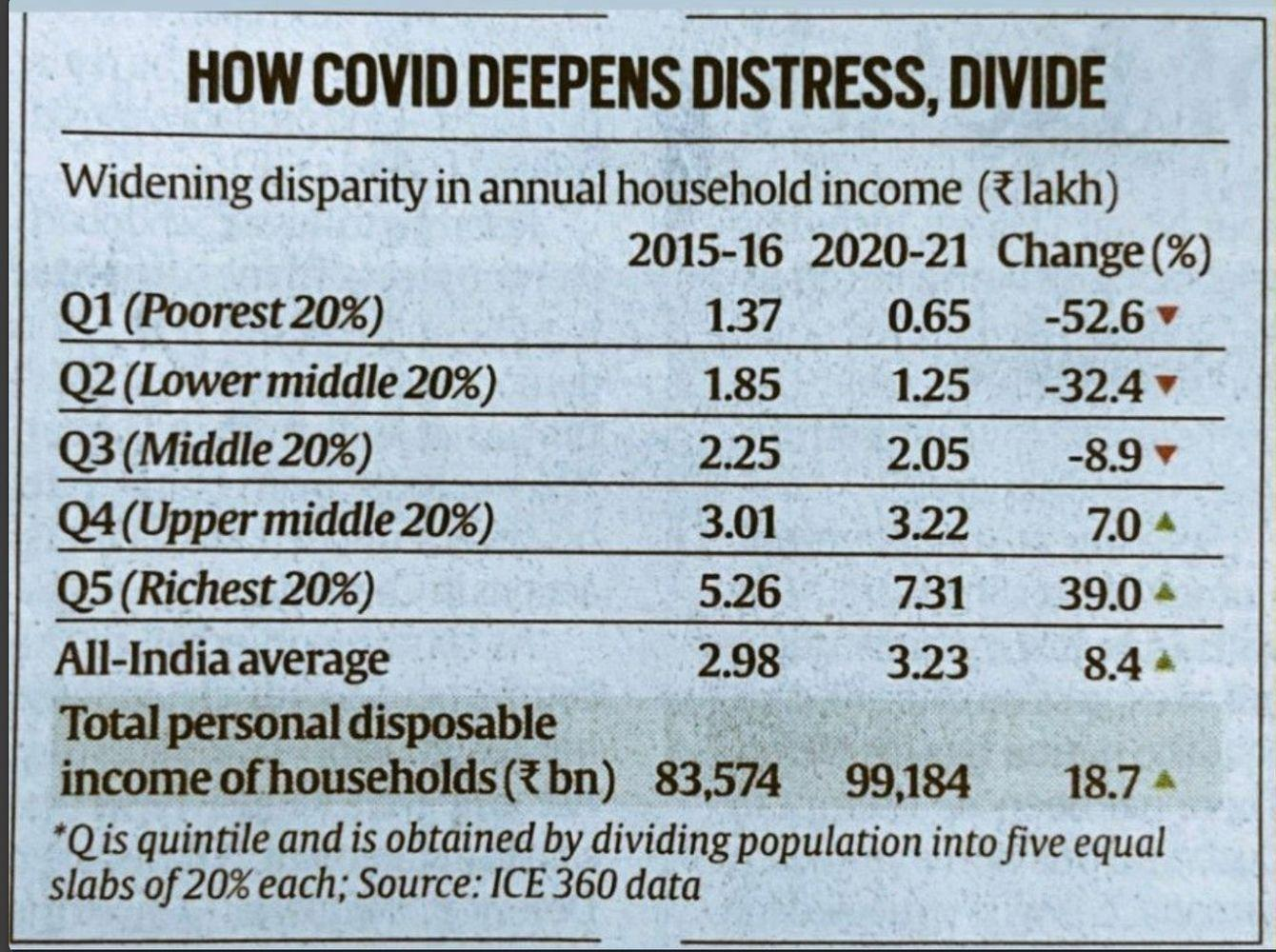Understand FTX's latest IEO project IndiGG: Introduce the P2E model to help India's 400 million players create economic opportunities
FTX recently announced the launch of a new IEO: IndiGG. Unlike previous IEOs, which were mostly DeFi or GameFi protocols, this time IndiGG was founded by the game association DAO (Decentralized Autonomous Organization) in January this year to establish a Play-to-Earn (Play-to-Earn) platform for 400 million Indian players. Web3 game ecology.
In this article, we will analyze the IEO rules, IndiGG’s commitment direction, capabilities and advantages, and the status quo of the Indian market one by one.
IEO Auction Rules
The rules for participating in the IEO this time are the same as last time, and the number of pledged FTTs has been greatly reduced to allow more users to participate.
According to the FTX purchase page, the IEO auction will start at 9:00 pm Taiwan time on March 8. Users who want to participate in the auction must pledge 150 FTT 24 hours before the start, and pass the KYC of level 2.
The total number of subscription coupons this time is 3,000, and each share is 4,000 INDI, totaling 12 million INDI tokens. The minimum subscription price for each subscription coupon is 350 USD(T), and the maximum is 400 USD(T)+5 FTT.
Participating users need to create a sub-account of "INDI-IEO" and transfer the subscription funds to the sub-account. If the subscription is successful, the funds in the IEO subscription account will be converted into INDI tokens in a few hours. If the subscription fails, all funds will be refunded, and all FTTs that have been successfully subscribed will be destroyed.
1. Before 9:00 pm on March 7, stake more than 150 FTT (≥150 FTT), and pass the KYC of FTX level 2
2. Create a sub-account INDI-IEO and transfer the subscription funds
3. The minimum subscription price for each subscription coupon is 350 USD(T), and the maximum is 400 USD(T)+5FTT (the latter is recommended)
secondary title


Introduction to IndiGG
IndiGG is a DAO under Yield Guild Games (YGG). It is now supported by two leaders in the Web3 field, YGG and Polygon. Play while earning, Play-to-Earn) game guild.
YGG used to invest in games such as Axie Infinity and The SandBox, and then earn income by selling and renting game NFTs. With the support of YGG, IndiGG will be able to invest in Polygon's on-chain games through guilds, and use scholarships and other means to attract more players to join the P2E ecosystem.
secondary title
Why is IndiGG targeting the Indian market?
There are two main reasons why IndiGG is targeting the Indian market: the huge Indian game market and the serious gap between the rich and the poor in India.
There are currently about 400 million gamers in India, 100 million of whom are players who buy game treasures or apps. As of 2021, the economic scale of the Indian game market is as high as 2.2 billion US dollars, and the compound annual growth rate is expected to be about 30% in the future.
The gradual maturity of the Indian game market can also be seen from the growth in the number of game developers. In 2015, there were only about 25 game studios in India. By last year, the number of studios had increased to more than 500.
Another reason for the business opportunity of Web3 games is the gap between rich and poor in India.
According to a Credit Suisse report, the new crown epidemic has further widened India's already serious gap between rich and poor. By the end of last year, the top 1% of the country's wealth rose to 40.5% of national assets, up 7% from 2000. India's Gini coefficient (Gini coefficient) soared from 0.747 in 2000 to 0.823 last year.
image description

Source: A Pager of Key Opinion Leaders
Three characteristics of Web3 games can promote capital circulation:
1. Establishment of property rights: All items in Web3 games can be regarded as NFT.
2. NFT transaction liquidity: Web3 has created point-to-point transactions of virtual treasures, and also created a secondary market to increase transaction liquidity.
3. Establish human rights: Everyone has the right to legally earn game tokens, and everyone is a first-class citizen of Web3 games, and there is no difference in treatment due to wealth or occupation.
According to the official website, IndiGG has already cooperated with several games, including Axie Infinity, Pegaxy, Fancy Birds, Cyball, Wonderhero, Synesis One, Epiko Regal and other games. In the future, IndiGG will cooperate with more chain games to obtain game assets. Play to its best advantage.
Supported by two leading Web3 companies and traditional game companies
IndiGG is now supported by YGG and Polygon, two leaders in the Web3 field, and is the largest gaming guild in India.
YGG is the world's largest earn-by-play game incubator with more than 15,000 players, over US$250 million in funding, and a valuation of US$2.5 billion. YGG will fully support IndiGG, and share the experience of operating DAO in the past with IndiGG's operation team to help them realize their mission of bringing Web3 into the Indian game market faster.
Polygon is a solution for the expansion of Ethereum, providing AWS solutions for the blockchain, with more than 2 million monthly active users. Through Polygon Studios, let Indian players enter the GameFi ecosystem and experience ecosystems including Zed Run, Skyweaver, and Decentraland.
Not only in the Web3 field, IndiGG has also received the support of the traditional game market, including the support of the founders and CEOs of several of India's largest game companies - Nazara Technologies, a listed company in India, the live competitive game platform MPL (Mobile Premier League), the recent Hungama, which announced the cooperation with Asia's largest film production company to launch NFT, and WinZo Games, which claims to be Netfiex in the game industry.
IndiGG's goal is to use the marketing network of Web2 and Web3 to enter the Indian game market, import Web3 games, and introduce the GameFi mechanism, so that players can directly obtain benefits from playing games. Through solid blockchain and cryptocurrency basic education, coupled with the economic mechanism of sponsoring players' in-game props and assets, Web3 gamers can become GameFi investors at the same time, laying the foundation for the Indian game market.



